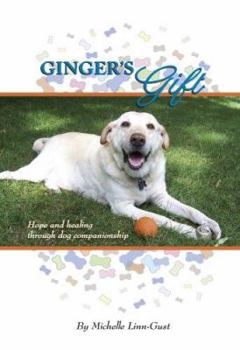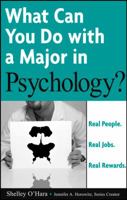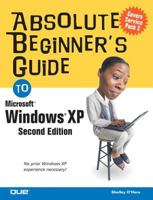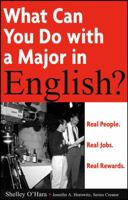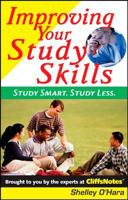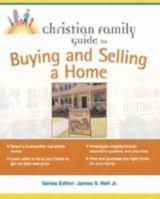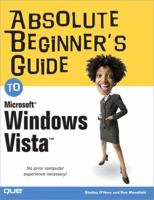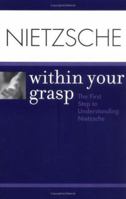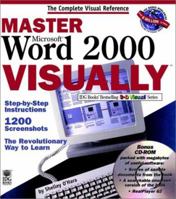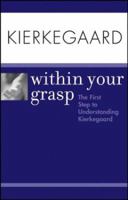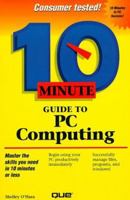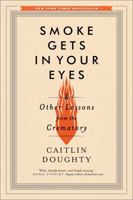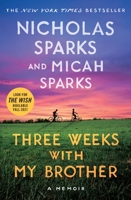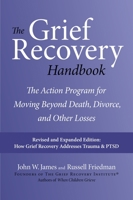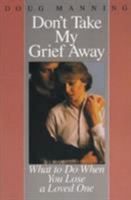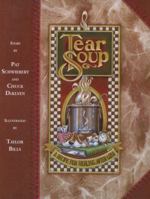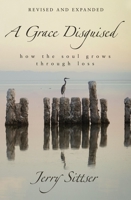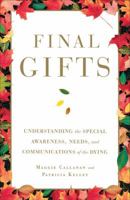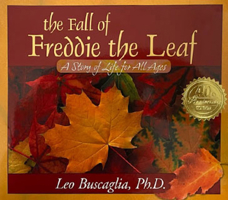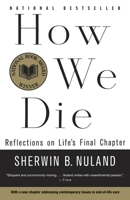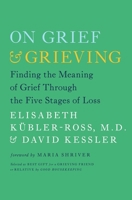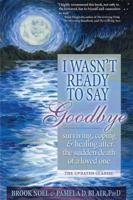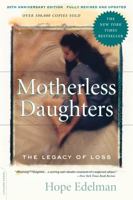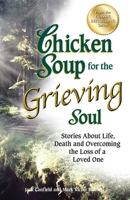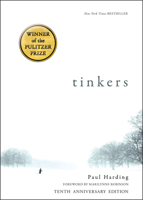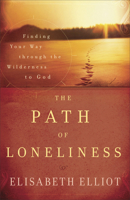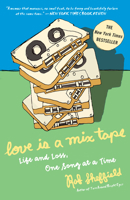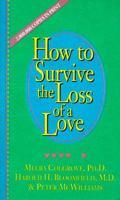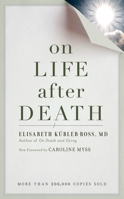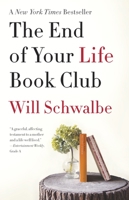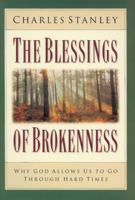Ginger's Gift: Hope and Healing Through Dog Companionship
Select Format
Select Condition 
Book Overview
You Might Also Enjoy
Customer Reviews
Rated 5 starsImportant messages
I think Fritjof Capra is making some very important observations in this book. Through his observations, the author states that Western Civilization is gradually approaching the climax of a major turning point in its evolution. He suggests that the cause of this is in our consciousness, a certain way we are seeing and understanding our experiences. This is leading to many of our present day environmental, social, political,...
1Report
Rated 5 starsDitto Austin
This is a critical book in my collection of research; artifacts which contain clues for redefining the way we interact with each other and do business. I find it curious that many physicists I talk to denounce Capra's work. So be it. His message is not for them.While preparing an industry presentation to help a bunch of left-brained technologists think in right-brained terms, I relied heavily on Capra's work along with...
1Report
Rated 5 starsA brilliant and important book.
It's all here. Everything we ever needed to know to begin to change our world and ourselves. Totally brilliant. Many years in the making, this book covers a very wide spectrum of knowledge and is fascinating all the way through. Like The Tao of Physics, this book looks toward a world view that encompasses a balance of science and spirit. Capra is also not shy about deconstructing or critisizing popular economic and political...
0Report
Rated 5 starsAll I can say about this book is "WOW"
I read this book after seeing the movie "MindWalk". That movie was so fascinating that I had to read the book that this movie is based on. This book really cover just about everything from religious/science/philosophy to politic/economy/social and then explain the relationship between all those. It did make me a better person by seeing the bigger picture of what we didn't recognize. It sure made me think more, question...
1Report
Rated 5 starsThe Paradigm Shift
The book has an extremely broad sweep and tries to get to the very root of our crisis as a civilisation. Building his case from a very logical historical perspective that covers the very essence of our academic and intellectual foundations, Capra argues for a paradigm shift in order to bring about sustainable development. The book is not a mere superficial recipe for survival but provides a blueprint for excellence in the...
2Report











